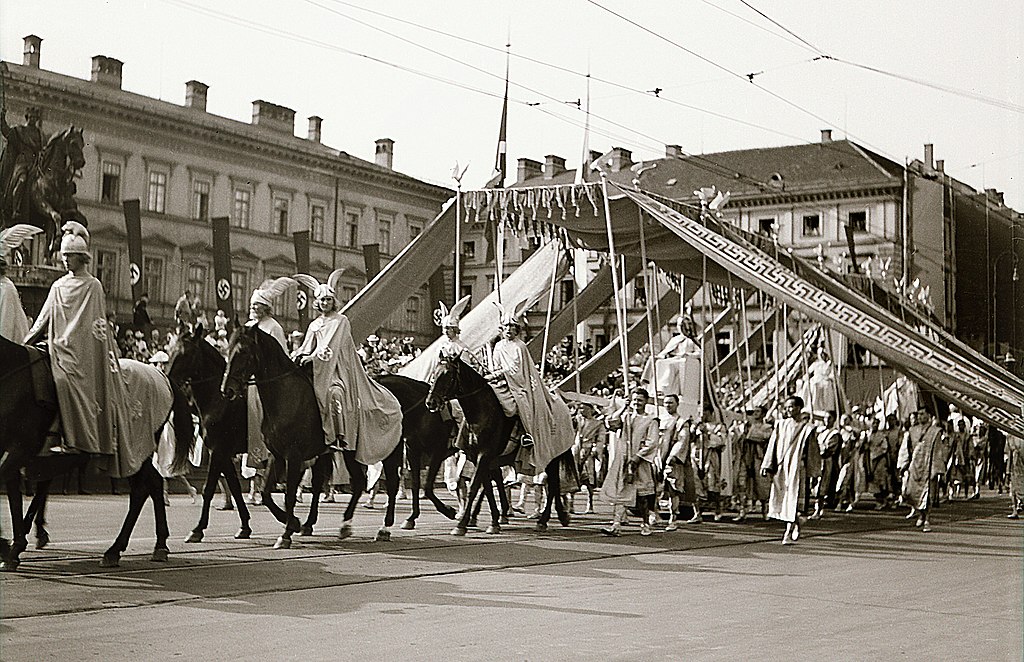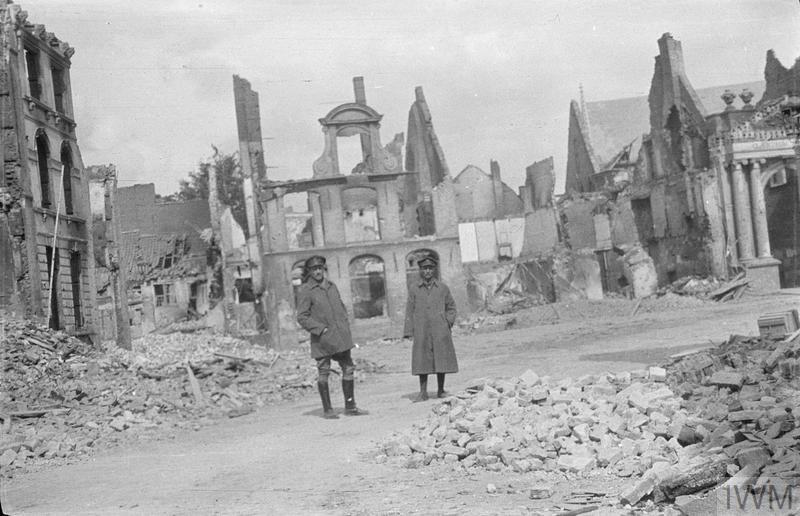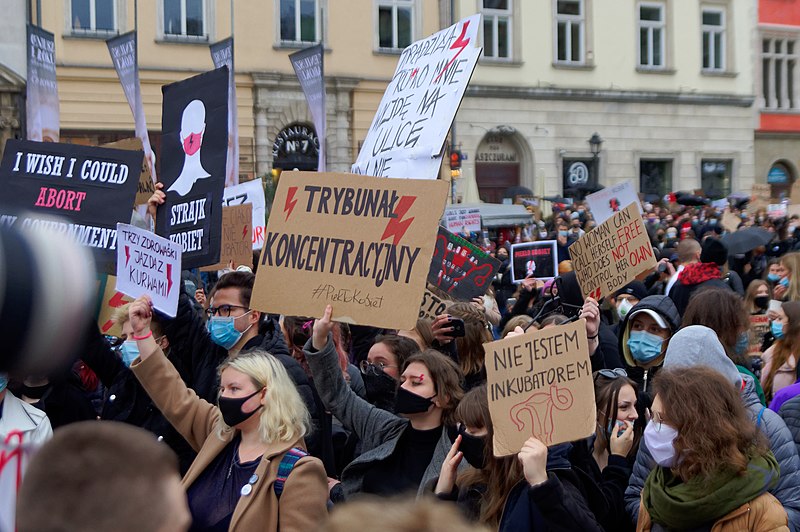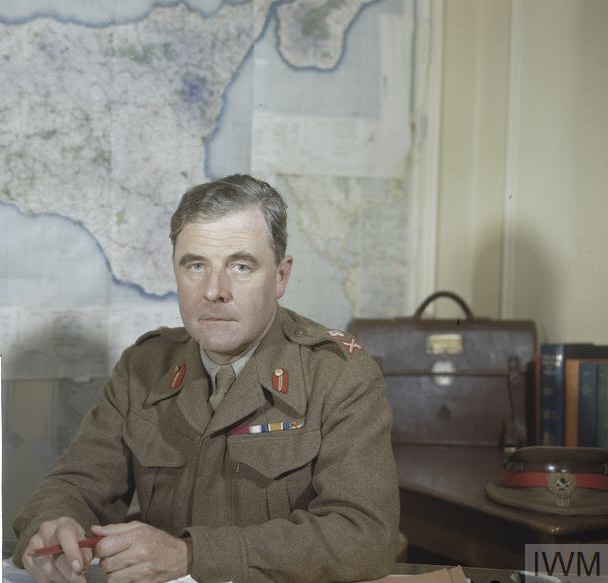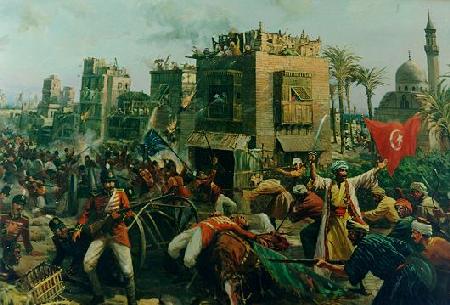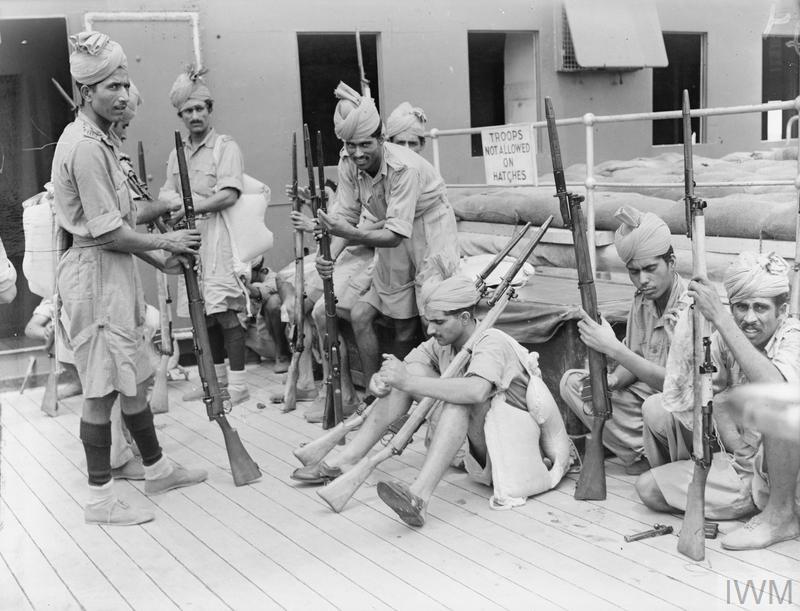Reviewed by Kate Docking
‘Culture’ is not something that instantly springs to mind when one thinks of the National Socialist regime. Indeed, images of relentless barbarism dominate our perceptions, and rightly so, for extreme cruelty was perpetuated during the Third Reich. However, the violence committed by the Nazis does not mean that there was a total dearth of culture. In fact, as Moritz Föllmer adeptly shows in his significant book, Culture in the Third Reich, ‘culture’ – which Föllmer defines in broad terms, encompassing not only ‘high culture’ such as opera but also ‘popular’ leisure pursuits including film, radio and light fiction – actually abounded under Nazism. Building on the work of historians such as George Mosse and Fritz Stern, Föllmer has produced the most insightful and comprehensive history of National Socialist culture to date. The broader scholarly importance of the book lies in Föllmer’s powerful argument that the ‘cultural attractiveness’ (p. 25) of Nazism significantly enabled the movement’s success.
Leave a Comment
